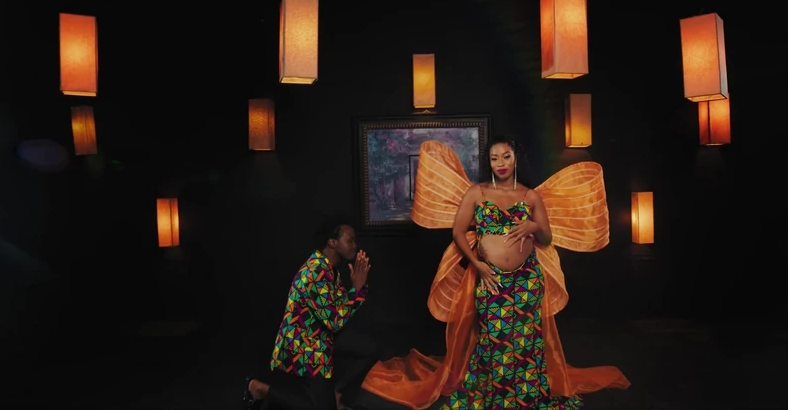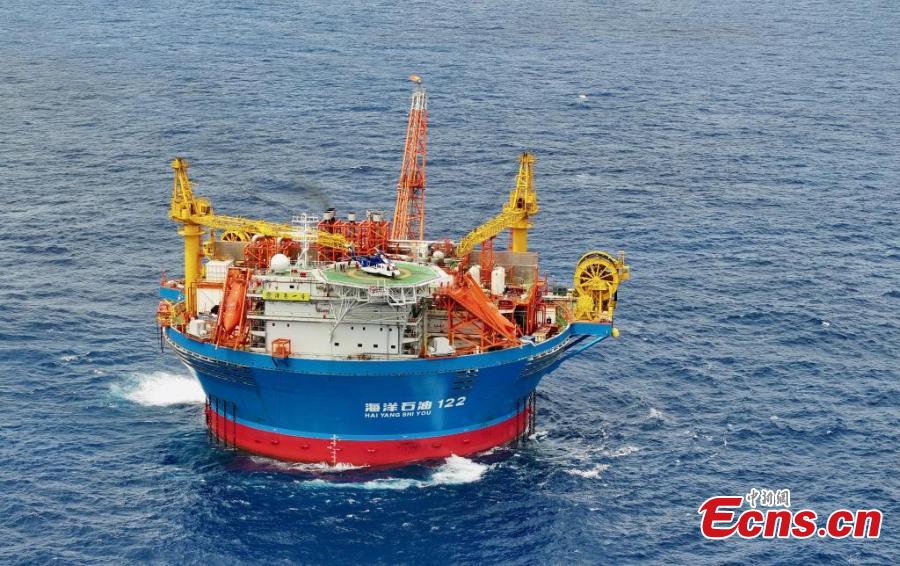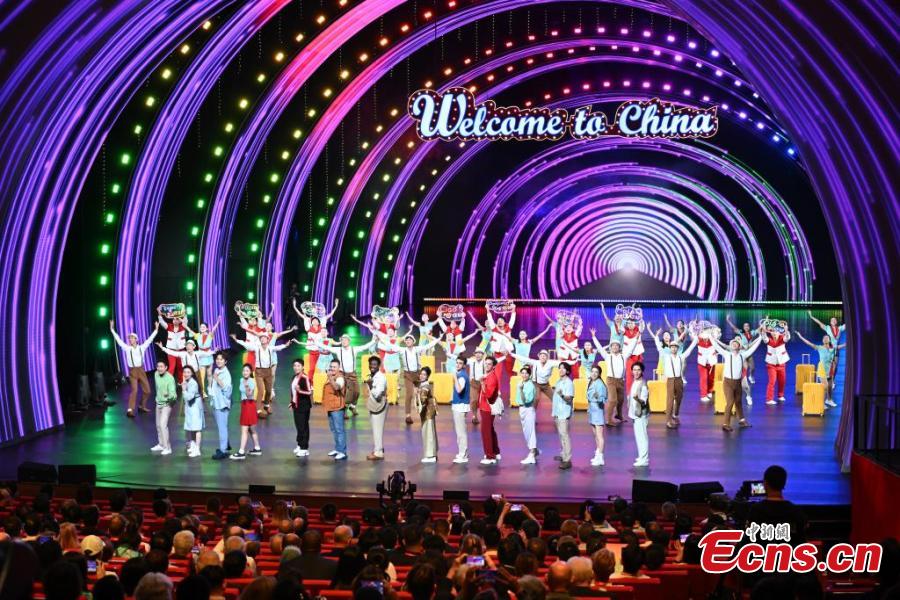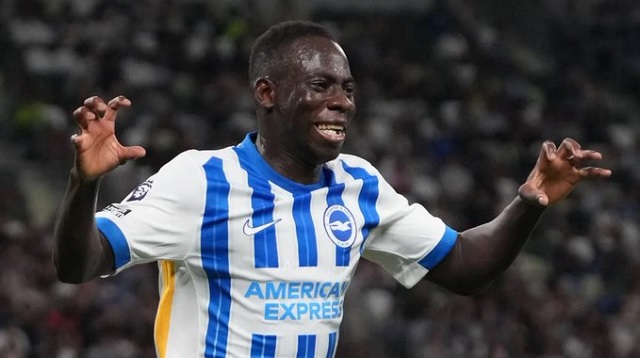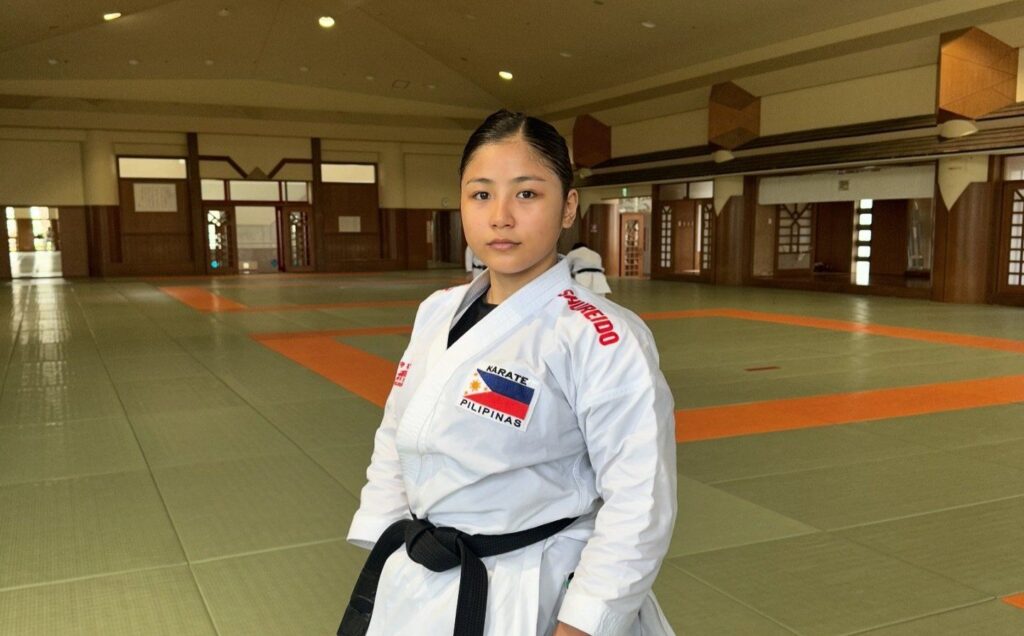
CEBU CITY, Philippines — Beneath the accolades of bemedalled karateka Allison Kyle Quiroga lies a dire truth: the cost of representing the Philippines on the international stage often comes at a personal expense. Quiroga, a 22-year-old Cebuana karateka renowned for her prowess in kata (form), has shared the financial sacrifices she has endured just to carry the Philippine flag in international competitions. READ MORE: Malilay siblings lead PH Team in Abu Dhabi Jiu Jitsu competitions Palarong Pambansa: Karate demo held, nat’l games inclusion eyed AUK karatekas capture 16 golds, rule Negros Open karatedo This shed light on a troubling disparity in support for athletes, particularly in sports like karate-do, where the athletes struggle with the lack of funding compared to more prominent sports.
In an interview with CDN Digital, Quiroga detailed the stark reality of her career as a national team member for karate-do. Despite the Karate Pilipinas Sports Federation Inc. (KPSFI)—the national sports association for karate-do—providing financial assistance, the support still falls significantly short of covering the entire cost for their international stints.

“The National Sports Association provides some support, but it’s not enough,” Quiroga explained. “We’re left to cover the bulk of our expenses out of pocket—air fare, accommodation, registration fees. Sometimes, I’ve had to seek sponsorships to make ends meet.
” It’s not entirely surprising that Quiroga’s financial strain is not an isolated case. The discrepancy in funding across different sports in the Philippines reveals a long-standing systemic issue. This is partly due to the lack of corporate sponsorships compared to other mainstream sports.
READ MORE: Marcos: Support PH hosting of 22nd Asian Karate Youth Championship This even led to Quiroga putting up a fundraising drive to sustain her upcoming international stints later this year. Her recent fundraising drive, shared through social media, highlighted this pressing issue. Fortunately, there were several who supported her from generous individuals and fellow Cebuanos.
“Of course, the funds of the NSA is not sufficient to cover all the expenses of the whole team for all the competitions of the year. With this, we are taking the initiative to invest in ourselves, look for sponsors for us not waste the efforts, utilize all available resources to achieve our shared goal of winning for the country,” said Quiroga. The financial burden of participating in international competitions often ranges between P150,000 to P200,000 per athlete, depending on the host country.
This expense includes not only competition fees but also personal costs such as food, supplements, and toiletries. Quiroga’s plight also highlighted a one-sided issue within Philippine sports as some sports enjoy substantial backing and exposure. Meanwhile, other sports particularly less commercially popular disciplines, including karate-do, struggle for recognition and support.
“International competitions are crucial for honing our skills and building confidence against top-tier opponents,” Quiroga explained. “Despite the challenges, my goal is to perform at my best, reach personal milestones, and inspire the next generation of athletes,” she said. Her commitment to her sport goes beyond personal achievement as she envisions to improve the support structure for all Filipino athletes in the national team.
“We need better funding and resources for non-team sports. Investing in infrastructure and training can significantly enhance our competitive edge,” she said. Quiroga’s story is an important reminder of the untold struggles faced by many national team athletes in the Philippines.
While corporate sponsors often focus towards high-profile sports for visibility, there remains a critical need for equal support across all disciplines. “I hope for a future where funding for sports is more balanced,” Quiroga concluded. “Every athlete deserves the opportunity to excel, and with proper support, we can elevate our sports scene and nurture local talent,” she said.
.


